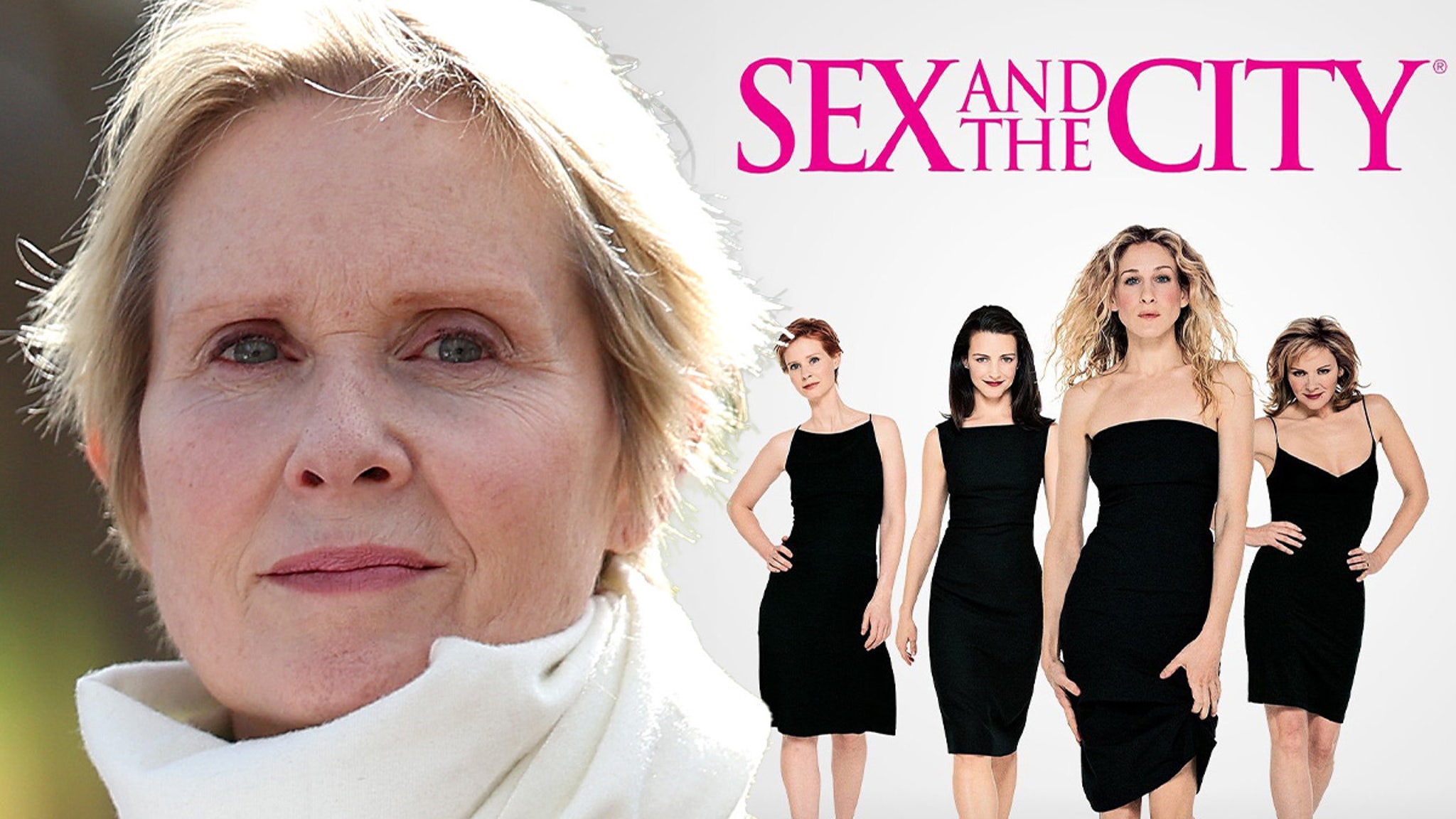Culture
‘Gun & Powder’ Review: Twin Vigilantes Stake Claim to the American West

The title of “Gun & Powder,” a thrillingly original new musical about mixed-race twin sisters who cut a path through Texas in 1893, refers to their travel essentials: a shrewd parting gift from their sharecropping mother and a touch of makeup to brighten their toasted-ivory complexions.
The legend of Mary and Martha Clarke, who purportedly robbed white people while themselves passing for white, stretches back generations for the show’s book writer and lyricist, Angelica Chéri. She based this rousing Western, now playing at the Paper Mill Playhouse in Millburn, N.J., on her great-great-aunts. (“But you know how family stories do,” sings a gospel Greek chorus of narrators, “so we believe the story is mostly true.”)
With a wide-ranging, powerhouse score by Ross Baum, “Gun & Powder” refashions a classic myth of the American West — white men who fancy themselves above the law — into an irresistible revenge fantasy: Mary and Martha, who go from toiling in the fields to coolly stealing money made off their ancestors’ backs, aren’t outlaws but vigilantes, exacting justice for the crime of slavery.
It’s another triumph that their extraordinary history, directed with vibrant panache by Stevie Walker-Webb, assumes the form of a big-throated American musical filled with star-making roles for Black women.
Mary (Ciara Renée) and Martha (Liisi LaFontaine) seem much alike at first, driven by a shared affection for their mother, Tallulah (Jeannette Bayardelle), whose white lover left her brokenhearted with their daughters and under another white man’s boot. The bond among the three women forms a compelling emotional throughline, and there’s stirring harmony among the actors’ dynamite vocals.
The show gets off to a quick if hackneyed start (a cotton-picking number is a bit on the nose), but picks up giddy momentum as the sisters hatch a plan to fill their mother’s pockets. They intend to pose as white to earn higher wages, but when Martha pulls a pistol on a couple of creeps who then throw money at their feet, the sisters devise a more lucrative plot.
Sweet but calculating Mary becomes enthralled by one of their marks, Jesse Whitewater (Hunter Parrish), a fellow hustler with his own secrets. Martha, tougher and increasingly less inclined to keep up their passing act, attracts the attention of Elijah (Aaron James McKenzie), a Black man who works for Jesse, who is white. The sisters’ paths diverge as each one navigates how much she allows herself to be seen (a split also displayed in their smart period costumes by Emilio Sosa). The ensuing conflicts, both within and between them, are rendered in belt-heavy R&B numbers that LaFontaine, and especially Renée, send soaring.
Though, neither of the Clarke sisters is fooling the Black women in Jesse’s employ, Sissy (Aurelia Williams) and Flo (Zonya Love). Their clocking of Mary and Martha as Black is among the show’s wry comedic highlights, and includes a lyrical punchline about a pot calling out a kettle. But their discerning eyes illuminate for the audience the rising stakes of the Clarkes’ ruse: When you reinvent yourself as someone else, what happens to the part you try to erase? Mary and Martha are also divided over how willing they are to deny their Blackness and cast off their mother.
Walker-Webb’s production grows more elaborate as the Clarkes venture further into society and precariously balance their double lives, the effects of duplicity rooting around their psyches. A backdrop that resembles a detail from a Hogarth print is illuminated, mood-ring style, in oranges, blues and purples (the set is by Beowulf Boritt and lighting by Adam Honoré). Expressionist flourishes creep into the staging as what first seems like a game turns into a fraught reckoning with identity.
The dynamics of passing have long held narrative fascination for their entanglement of power, secrecy and desire. And accounts of Black life in the Old West remain a rarity. Baum and Chéri’s score, while incorporating an array of styles rooted in gospel and R&B, leans heavily on vocal gymnastics and could benefit from a bit more restraint. And the rapid ramp-up and conclusion of the Clarkes’ criminal careers could use more detailed development.
But “Gun & Powder” is the type of audacious and rollicking story that’s too often missing from American stages: Proof that for as long as people have been kept down, there have been those who managed to find joy in fighting back.
Gun & Powder
Through May 5 at the Paper Mill Playhouse, Millburn, N.J.; gunandpowdermusical.com. Running time: 2 hours 30 minutes.





















